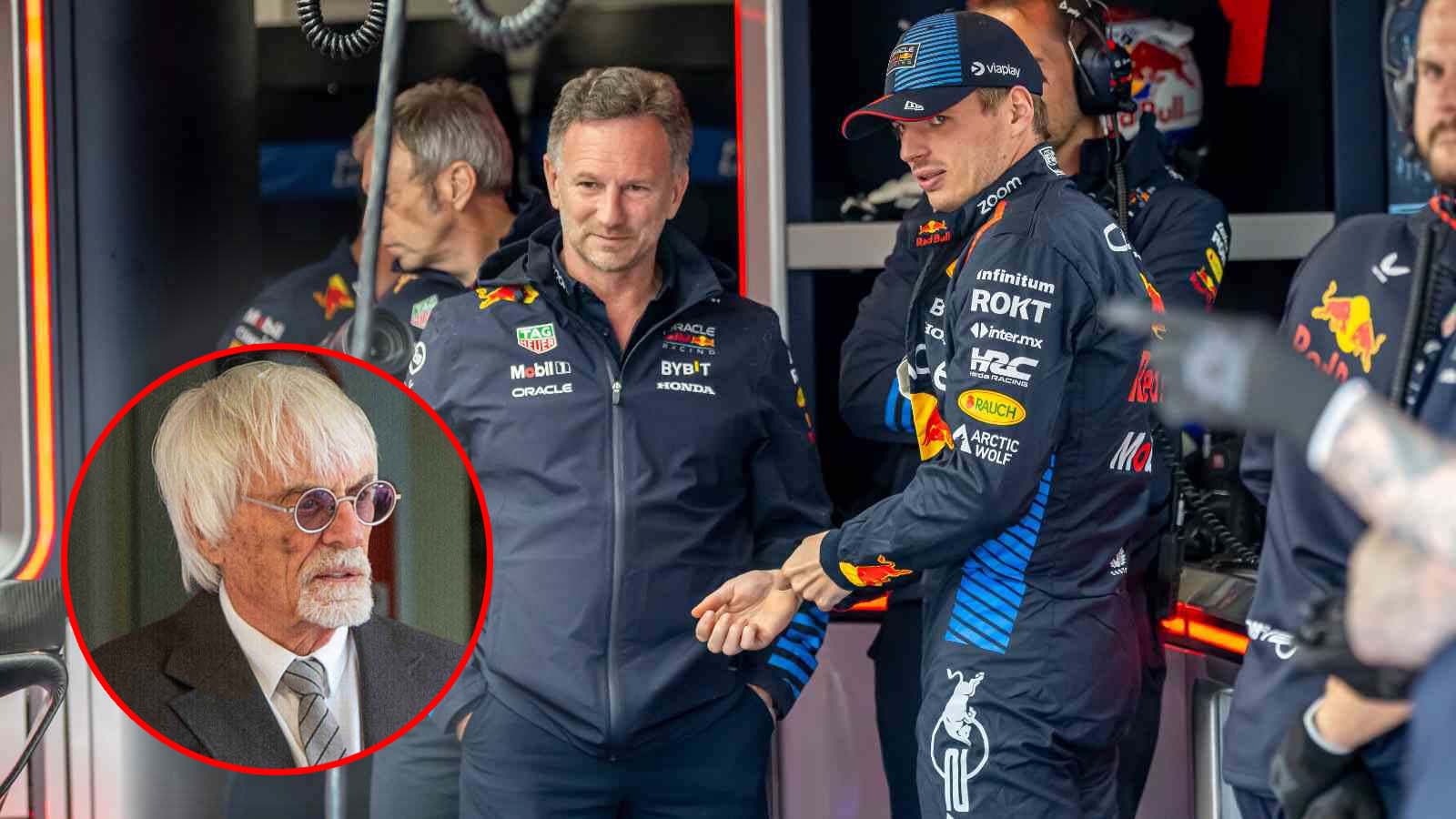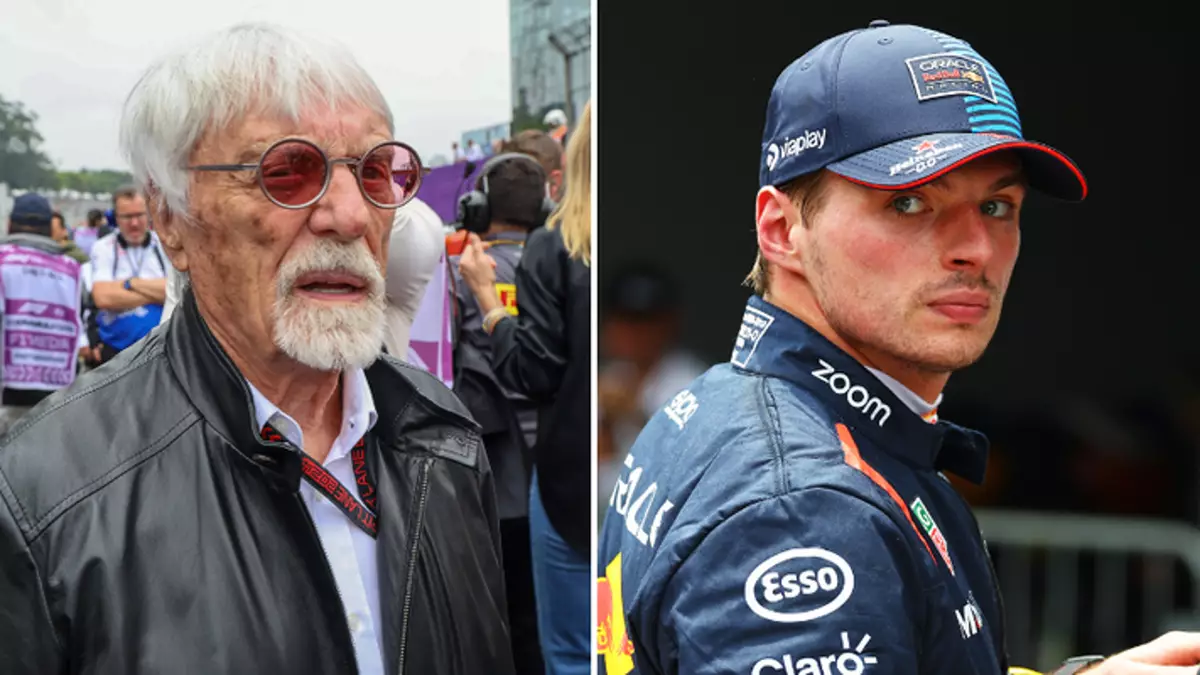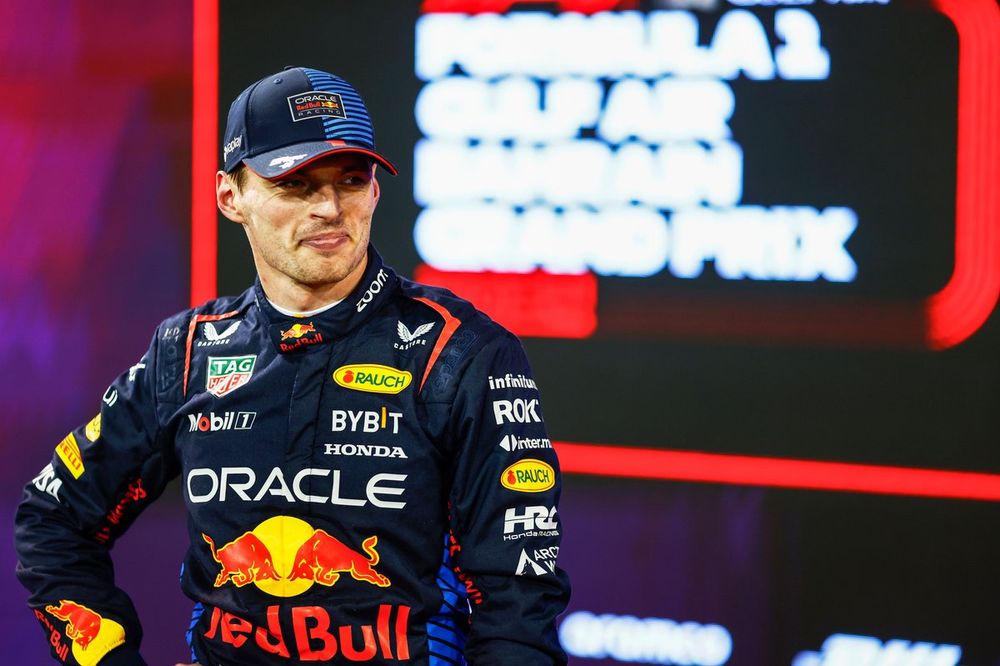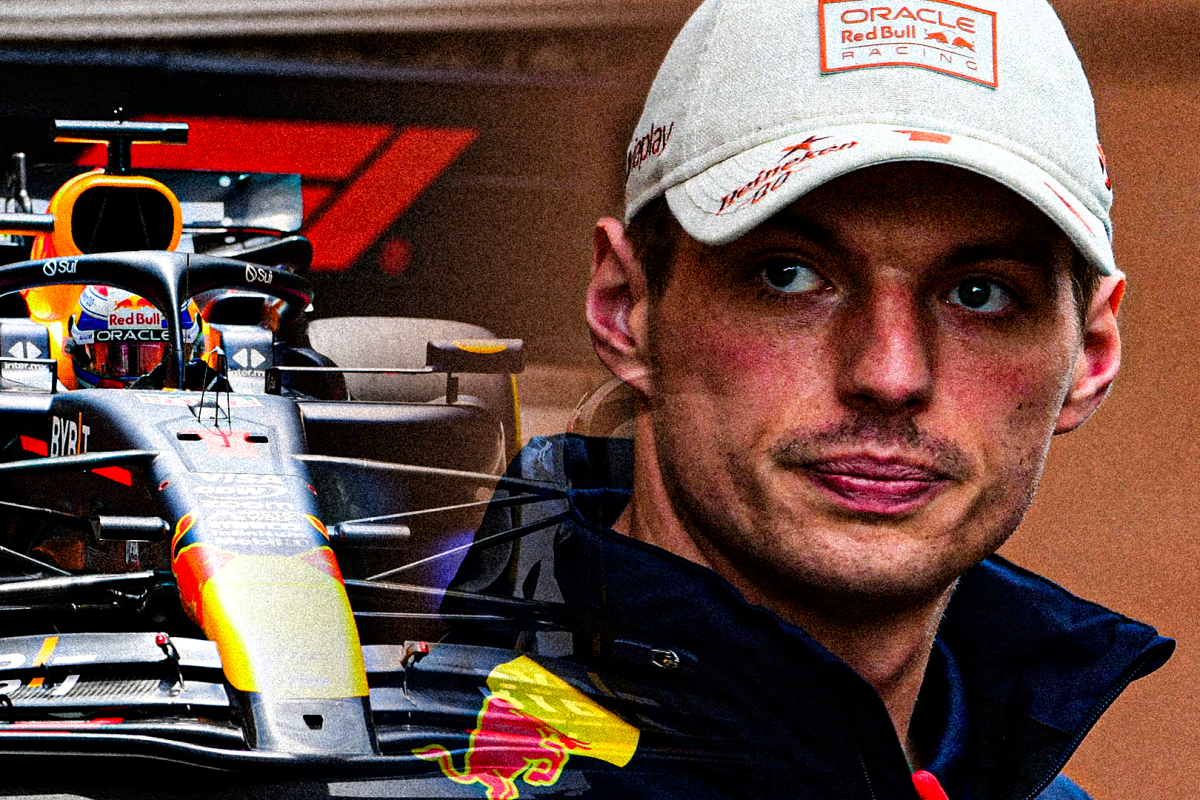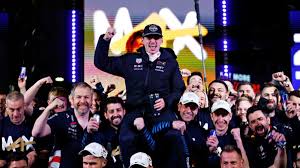Former F1 boss Bernie Ecclestone recently shared his reservations about the potential for drivers like Max Verstappen joining Formula One in the future, sparking an interesting debate among F1 insiders and fans alike. Ecclestone, who helmed F1 for over four decades and played a pivotal role in shaping it into the global phenomenon it is today, made it clear that he doubts drivers of Verstappen’s fiercely independent, often blunt persona would fit within the evolving corporate and media-driven culture of F1. His comments also suggest broader issues with the future direction of the sport, where teams, sponsors, and the governing body hold considerable influence over drivers’ careers and public image.
Ecclestone’s viewpoint hints at the increasing difficulty for outspoken or controversial personalities to carve out space in modern F1. Verstappen is known for his no-nonsense approach, intensity, and at times confrontational interactions, both on and off the track. This is particularly evident in his direct criticism of the Fédération Internationale de l’Automobile (FIA) and his disregard for conforming to expected PR standards. While this quality has endeared Verstappen to his fanbase, it’s also challenged traditional notions of driver conduct within the sport. In contrast, the next generation of F1 drivers may be expected to adopt a more media-friendly and “marketable” persona, aligning with the sponsors and brands that are increasingly integrated into F1’s framework.
Ecclestone’s comments underline a trend in Formula One where drivers, despite their talent, are expected to project an image consistent with the sport’s commercial and media interests.Teams and sponsors invest heavily in brand image, and drivers often become ambassadors, meaning they’re under pressure to maintain certain behavioral standards to avoid conflicts with the sport’s stakeholders.
Verstappen, a two-time world champion known for his fierce competition, loyalty to Red Bull, and reluctance to engage in sponsorship-driven narratives, represents a unique personality in F1 today. As Ecclestone suggests, the emergence of “another Verstappen” may face barriers in the coming years if the sport’s leadership continues to prioritize corporate interests over individual authenticity.
This evolving dynamic could shape future F1 recruitment and the types of personalities fans will encounter in the sport. While fans appreciate drivers with bold, unapologetic styles, the future may see a shift toward a more polished image, making Verstappen’s legacy all the more unique in the sport’s history.
